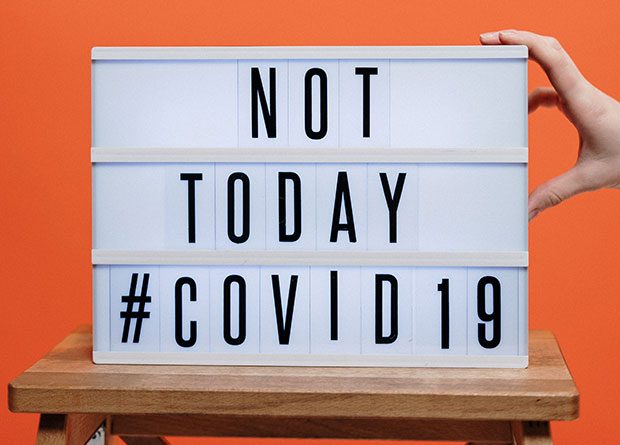Important Lessons To Learn From The Coronavirus Pandemic
I grew up watching my grandma wash used plastic baggies and tin foil so that she could use them again. She didn’t see the point of using them once and throwing them away.
She lived through the Great Depression, and the lessons she learned during that time stuck with her for the rest of her life.
Likewise, for our generation, there are important lessons people may learn from the coronavirus outbreak and the subsequent shelter-in-place orders.
Important Things To Learn From The Coronavirus Pandemic
While not everyone will reach the same conclusion, there are likely many people who will learn these lessons during this difficult time in our nation’s history.
A $1000 Emergency Fund Is Not Enough
Many popular personal finance gurus suggest people should save a $1,000 emergency fund and then focusing all of their attention and money on paying down debt. After the debt is paid down, then people should save a three to six-month emergency fund.
However, as layoffs and furloughs continue throughout the country, more and more people realize that $1,000 is much too small for an emergency fund. After all, we’ve been in this tense situation for five weeks now, and there isn’t a real end in sight.
For a family that has $4,000 in monthly expenses, a $1,000 emergency fund is only a one-week emergency fund!! While better than nothing, in this type of situation, more money in the bank is reassuring.
Being Debt Free Is So Important
Having said that most people realize a larger emergency fund is important, they are also likely realizing it is just as important to live within their means and pay down debt. Each person needs to decide on their own how they will conquer debt while building a larger emergency fund. However, doing both should be a priority.
There’s really no point in waiting to build a larger emergency fund if you have debt because, as we see now, life won’t wait. There will always be emergencies, and we need to be prepared for them, with money in the bank, so we don’t go into debt again.
Buying Local Helps Everyone
Too many of us are dependent on the international food supply chain. As we shut our borders and as meat processing plants around the country close down, getting food isn’t as easy as it used to be.
This is a good time to recognize that the way our grandparents used to buy food—direct from the farmer—might be the better option. We’re guaranteed a local food source, and we help the farmer stay in business.
Many people also wisely have a renewed interest in gardening and growing their own food. After all, besides supplies, gardening is a free source of food.
There Is Wisdom In Having Food Storage
Speaking of food, there is wisdom in having plentiful food storage. I am definitely guilty of not having enough food storage. I regularly keep enough food in the house for one to two weeks. Since we live in an area not prone to natural disasters, I figured that I didn’t need more. Our power rarely goes out. I felt safe. Until this year.
Now, I plan to keep at least a month’s worth of food in my pantry and freezer, or maybe six weeks’ worth. As we’ve learned, you never know what will come.
Likewise, I would frequently let my toilet paper supply get down to the last roll and my cleaning supplies run out before I would buy more. I can tell you, that will never happen again.
Final Thoughts
Our generation has never experienced an event as life-changing as the coronavirus. As a result, there are important lessons people may learn from the coronavirus that will change the way they live for the rest of their lives. Luckily, most of these changes are for the better.
How has the coronavirus outbreak changed your behavior and habits?
